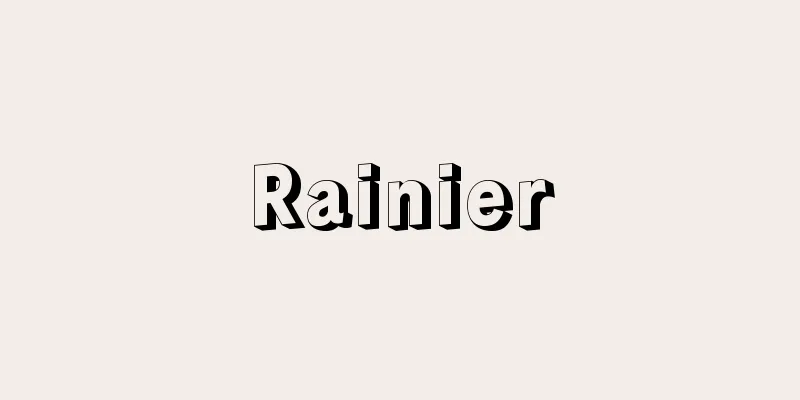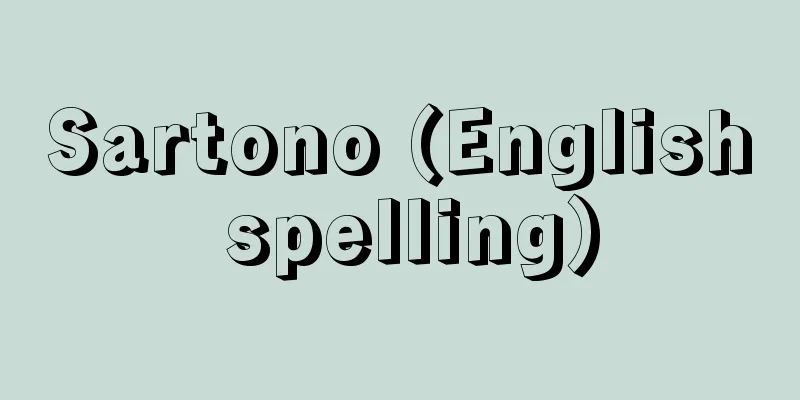Curator - gakugeiin (English spelling) curator

|
A professional staff member who is assigned to museums such as art museums, science museums, and zoos. It is a translation of the English word "curator" and refers to the person and the qualifications who are engaged in the collection, management, storage, exhibition, and research of materials at institutions (museums) that handle cultural properties related to art, natural science, history, folklore, industry, etc. Curators preserve cultural properties related to art, history, and natural science, pass them on to future generations, and play a role in education and dissemination by providing learning opportunities to the general public. In Japan, it is a national qualification stipulated in Article 4 of the Museum Law (Law No. 285 of 1951), and includes professional staff members who work in a wide range of museum-related facilities, including art museums, science museums, zoos, aquariums, botanical gardens, nature museums, astronomical observatories, local history museums, and folklore museums. There are also assistant curators who assist the work of curators. To qualify as a curator, one must meet one of the following requirements: (1) hold a bachelor's degree and earn museum-related credits at a university as specified by the Ministry of Education, Culture, Sports, Science and Technology, (2) be enrolled in a university for at least two years, earn at least 62 credits including museum-related credits, and work as an assistant curator for at least three years, or (3) pass a qualification examination set by the Ministry of Education, Culture, Sports, Science and Technology. However, to become a curator one must be employed by a museum, and although around 10,000 people obtain the qualifications each year, only a small proportion actually get hired to become a curator. According to the Ministry of Education, Culture, Sports, Science and Technology, as of October 2015, there were 7,821 curators working at 5,690 facilities nationwide. In April 2017, the Minister of State for Regional Revitalization caused a stir by saying that museum curators were an obstacle to using cultural properties to stimulate the economy and promote tourism. While some criticized the use of cultural properties for the purposes of promoting the economy and tourism, others said that curators should not only serve academic purposes, but should also strive to contribute to the disclosure of information about cultural properties and to revitalizing the economy, sparking a lively debate on the role of museum curators. [Takeshi Yano November 17, 2017] [Reference] |Source: Shogakukan Encyclopedia Nipponica About Encyclopedia Nipponica Information | Legend |
|
美術館、科学館、動物園などの博物館に配置される専門的職員。英語のキュレーターcuratorを訳したもので、芸術、自然科学、歴史・民俗、産業などに関する文化財を扱う機関(博物館)で、資料の収集、管理・保管、展示、調査・研究などに従事する者、およびその資格をさす。芸術、歴史、自然科学に関する文化財を保存し、後世に伝えるとともに、広く市民らに学習の機会を提供する教育普及の役割を担っている。日本では博物館法(昭和26年法律第285号)第4条に定められた国家資格であり、美術館、科学館、動物園のほか、水族館、植物園、自然館、天文台、郷土史料館、民俗資料館など広範な博物関係施設に従事する専門的職員が該当する。なお学芸員の職務を補助するものとして学芸員補がある。学芸員資格を得るには、(1)学士の学位をもち、大学で文部科学省の定める博物館に関する単位を修得する、(2)大学に2年以上在学し、博物館に関する単位を含めて62単位以上修得し、3年以上学芸員補の職にある、(3)文部科学省の資格認定試験に合格する、のいずれかを満たす必要がある。ただ学芸員になるには博物館に採用される必要があり、資格取得者は毎年1万人前後にのぼるが、実際に採用されて学芸員になる人はわずかである。文部科学省によると、2015年(平成27)10月時点で全国5690の施設に勤務する学芸員数は7821人である。 2017年4月、地方創生担当大臣による、学芸員が文化財を経済活性化や観光振興に活用するための障害になっているとの趣旨の発言が波紋をよんだ。それに対して、むやみに文化財を経済・観光振興目的に使うべきではないとの批判が出る一方で、学芸員は学術目的だけでなく、文化財の情報公開や経済活性化に資するよう努めるべきであるとの意見もあり、学芸員のあり方をめぐって活発な議論が展開された。 [矢野 武 2017年11月17日] [参照項目] |出典 小学館 日本大百科全書(ニッポニカ)日本大百科全書(ニッポニカ)について 情報 | 凡例 |
>>: Hao Jing (English spelling)
Recommend
Osaka Shinkabukiza Theatre
A theater located in Namba-Shinchi, Chuo Ward, Os...
Sakado - Kinohe
〘Noun〙 ("Ki" means castle fence or fortr...
Okawachi
A place name in Iitaka District, Ise Province, whi...
Duck and fish - Kamonamasu
...In the early modern period, while cranes were ...
Hydroazoic acid - Ajikasuisosan
...It is highly soluble in water and ethyl alcoho...
ARSR - ARSR
→Air Route Surveillance Radar Source: Shogakukan ...
Technology development
Technological development is a general term for or...
House sitter - House sitter
An office established to manage and ensure the saf...
Kurosawa Kinko
The stage name of the successive heads of the Kin...
Lake Shikotsu
A typical caldera lake located in the west of Chi...
Qutlugh
…In this area, among the ten tribes of the Wester...
Ujikoju - Shrine parishioners
〘 noun 〙 People who worship the same tutelary deit...
Cristóbal
…Although some argue that it will help the develo...
Pharyngeal tuberculosis
...It is also a place where foreign bodies such a...
Yarlung Sumbo [River] - Yarlung Sumbo
A large river that flows east through the southern...









